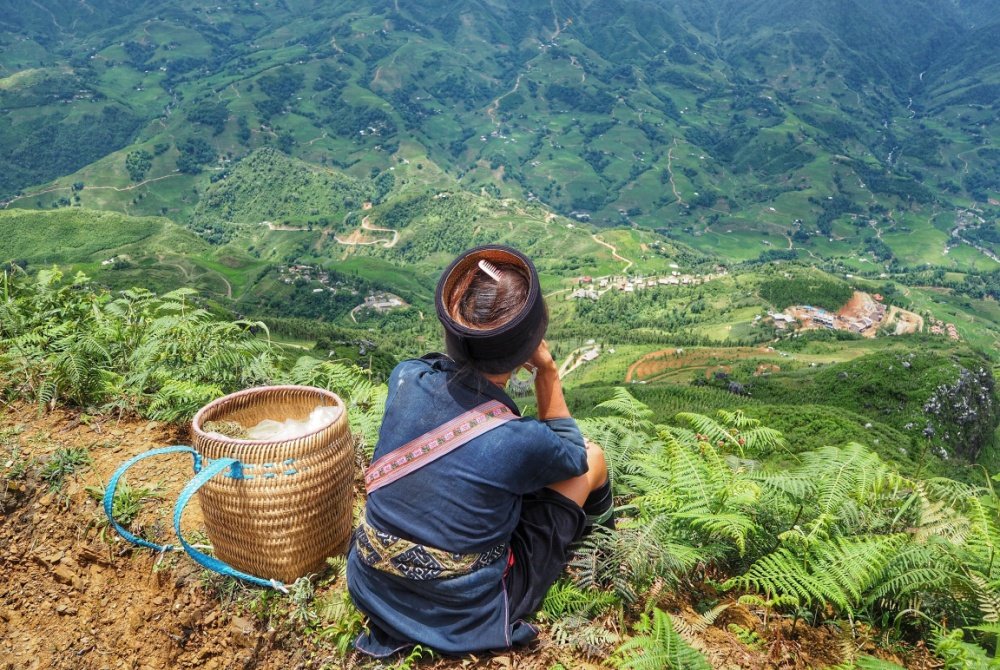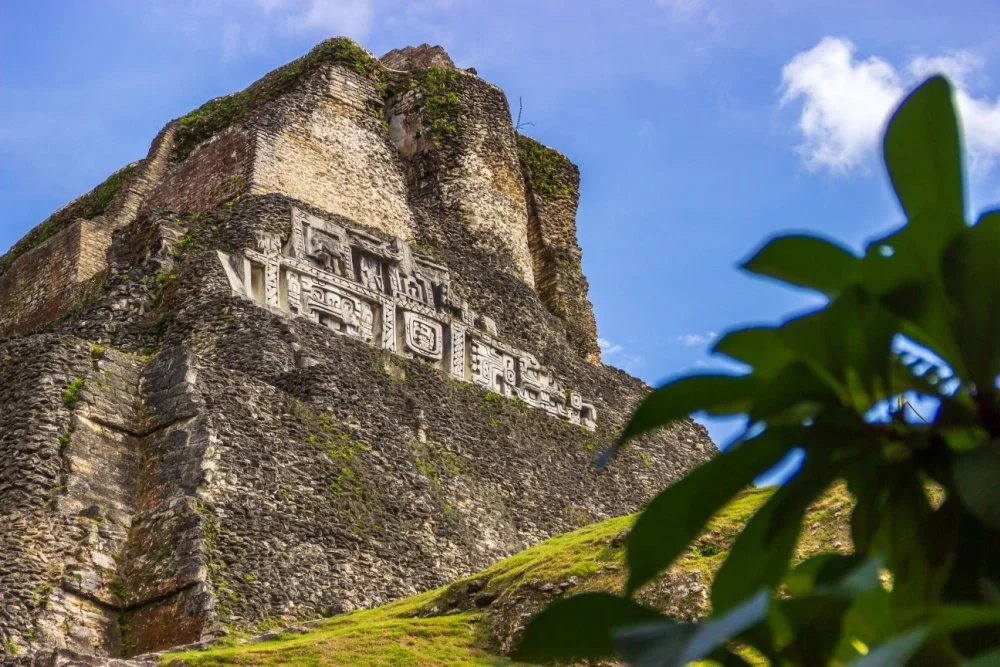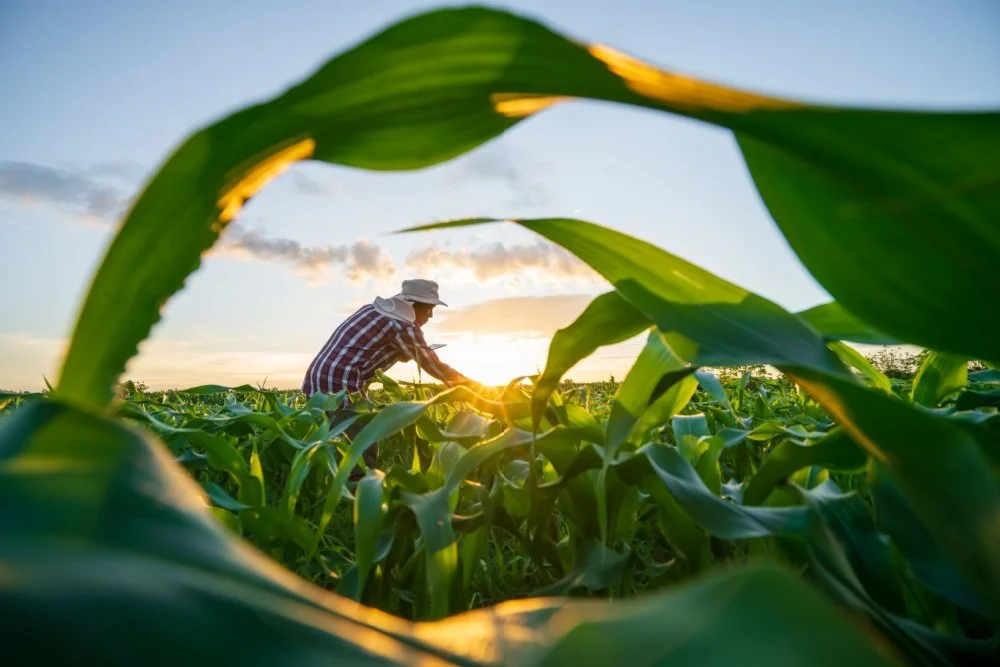Progress Is Possible: How These Funders Are Tackling Gun Violence
/photo: koya979/shutterstock
Another week, another mass shooting in America—only worse, this time. And as with previous mass shootings, it's unlikely that Sunday's massacre in Las Vegas will spur new national gun safety legislation.
Surprisingly, though, this is otherwise a period of growing optimism around gun violence in some quarters, and we’ve been writing a lot lately about new efforts by grantmakers in this area. There's growing hope and momentum among funders and advocates who've gotten more determined and more creative about reducing the death toll from guns.
Foundations are stepping up work to address the gun issue at the local level in ways that don't hinge on legislative wins, and are also funding research to learn more about gun violence. Just as importantly, funders worried about guns are collaborating more, coming together with each other and other partners in unexpected ways.
Recently, we spotlighted an ambitious funder collaborative working to fight gun violence in Chicago, where the homicide rate has been been spiking lately. But things are also happening in California, where last year, some big players launched a new anti-violence effort, the Hope and Heal Fund. Current partners are the California Wellness Foundation, Liberty Hill, the Wintemute Family Foundation, Blue Shield of California Foundation, the California Endowment, the Heising-Simons Foundation, Sierra Health Foundation and the Akonadi Foundation. These funders have contributed an initial $2 million and the hope is that other funders will swing behind the Hope and Heal Fund, as well.
Every year in California, guns kill around 3,000 people, and gun violence has claimed at least 35,000 lives in the state over the past decade. Some of the grantmakers involved in this fund, like the California Wellness Foundation, have long histories of working to prevent gun violence. With the Hope and Heal Fund, these eight funders are combining their resources to achieve greater impact. The fund is both scaling up proven on-the-ground strategies for reducing gun violence in all forms, including suicide, and investing in research to identify new and innovative ideas that might work in this area.
Leading this collaboration is Brian Malte, who started his career as a community organizer in California before going to Washington, where he spent 2o years working for the Brady Campaign to Prevent Gun Violence. Malte told us that he was excited to return to California to work on guns because he believes that while legislative fights are critically important, "community-based strategies and a holistic approach is equally important.” This is a promising front where gun violence funders and advocates can make progress right now, no matter who holds power in Washington, D.C. While Malte said that that the Hope and Heal Fund is focused in California, he described its work as part of a larger effort to "elevate community-based strategies and help other communities across the country pursue the same strategies.”
Malte has done a lot of listening since taking the position at the Hope and Heal Fund. Earlier this year, he spent two weeks visiting 12 cities and having over two dozen meetings about gun violence. Those meetings underscored to him how “there are a lot of really good and promising community strategies that are combating gun violence. But those strategies aren’t being lifted up." Often, California communities don't know what approaches are showing results elsewhere in the state, while the public at large doesn't appreciate the extent to which workable solutions to gun violence exist.
Malte envisions the Hope and Heal Fund acting as a hub to share best practices. In an April blog post, he described the promise of local solutions that are "focused on direct intervention to stop the shooting and get help to those most at-risk. These cutting-edge strategies are already saving lives—but they need support to deepen and expand the impact of their efforts. Hope and Heal Fund can provide much-needed resources and lift up local solutions so that communities across the state can learn from their successes."
This hopeful idea—that more concrete gains can be achieved against gun violence at the community level—is catalyzing new funder action right now at a moment when pro-gun Republican majority hold sway in Washington, D.C. and many state capitals.
Another point Malte stressed, which we've also heard from other funders, is that suicide is a surprisingly big piece of the picture when it comes to the devastating toll from guns, especially in rural places. Malte said that half of all deaths from guns in California are from suicide, and this is an area where lives can be saved through new "work with community, family members and medical professionals.” As we've reported, the Kendeda Fund is one grantmaker that's already funding work on preventing rural suicides by gun in Montana.
Likewise, Malte said that philanthropy could make a difference by pushing for more enforcement of existing laws already on the books. Malte said that “California has really good gun laws on the book, but unless they’re fully enforced, won’t have the desired effects.” Malte cited a law that restricts access to guns by domestic abusers but which has never fulfilled its potential. This is area where the Hope and Heal Fund could help by replicating efforts to raise awareness and expand education, including of police officers.
Meanwhile, Malte also has an eye on bigger picture challenges, such as changing the way Californians think about gun violence and filling some large gaps in knowledge about how this scourge plays out in the state.
The first grant by the Hope and Heal Fund went to the Berkeley Media Studies Group to conduct research to determine what the current narrative is about gun violence in California and to shape a new narrative. One finding of this work, Malte said, is that much of the public conversation on guns pivots off of mass shootings and tends to be highly politicized. The community leaders who are working on this problem at the local level, successfully in some cases, aren't being heard. Malte said that Hope and Heal wants to create “a more hopeful and less politicized narrative.” The Berkeley Media Studies Group is expected to publicize findings from its work in the spring.
Meanwhile, a recently closed RFP by the fund is looking to gather new research and insights about the problem of gun violence within three specific populations in California: the LGBTQ community, Latinos and military veterans. Within the three demographic groups, the Hope and Heal Fund wants to learn more about prevention related to community violence, domestic violence, self-harm and suicide.
Malte says there's a need for a lot more new research beyond this. “We need a deeper understanding of where gun violence is affecting Californians." The good news, he said, is that there's a lot of momentum in the state for developing such deeper knowledge, most notably the creation of the University of California Firearm Violence Research Center, which was launched this summer at UC Davis’ Sacramento campus with funding from the state. This new quest for knowledge on gun violence comes at a time when lawmakers in Washington, D.C., have blocked the use of federal research dollars to better understand gun violence.
Related:







































